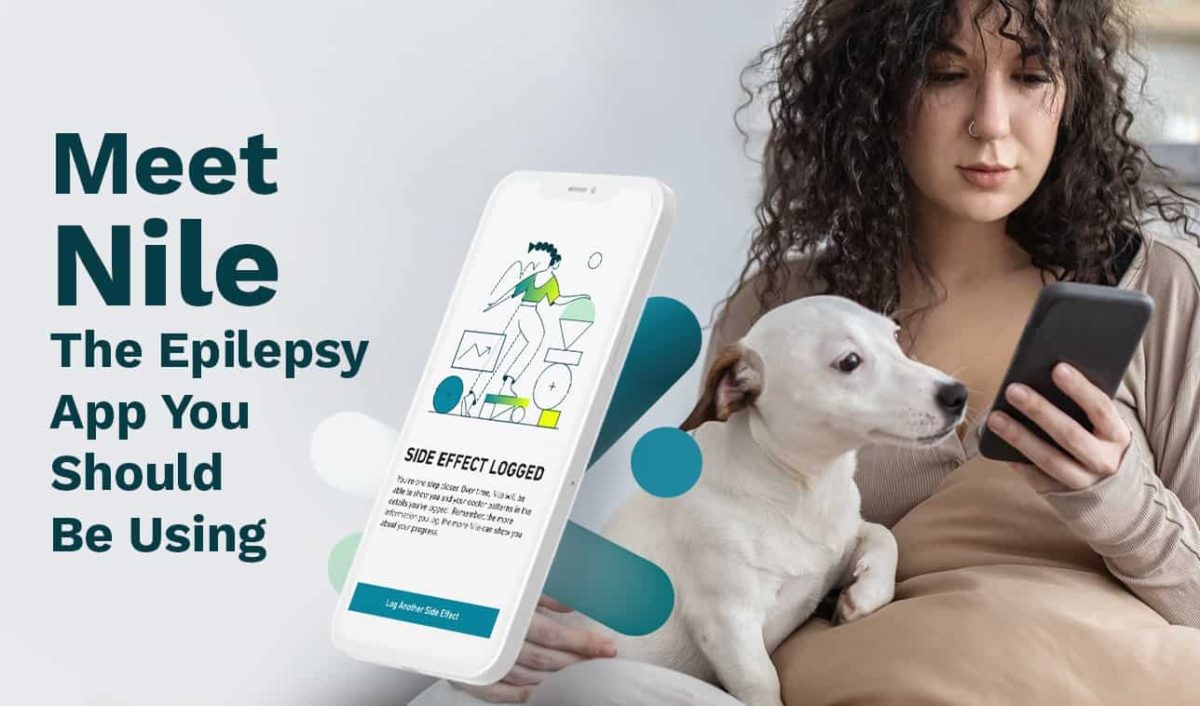By Leo Petrossian, Chief Executive Officer of Nile
For patients first receiving an epilepsy diagnosis, there is often an overwhelming amount of information to review and a period of uncertainty as to the path forward. If the patient is a woman, there is, even more, to take into account including the impact of hormones on seizures, choosing medication, birth control options, pregnancy consideration, parenting, and the impact of menopause.

According to the Epilepsy Foundation, about half of women suffering from epilepsy report that their seizures increase around the time of their menstrual period, so it is vital to understand how hormones and life stages can impact seizures and associated symptoms. Epilepsy is one of the most common neurological disorders in the world, yet, it is also one of the most stigmatized, often due to a lack of awareness. When it comes to women’s health, this stigma is exacerbated. Gender discrimination in patient care often leads to women’s symptoms being ignored or dismissed, and this problem is even greater for women of color.
Aprille W., a 32-year old mother of one and an epilepsy patient, speaks of her experience of the uncertainty around her symptoms and path to treatment.
“I was going through a lot before I had my first tonic-clonic seizure. I was experiencing loss and grief so I just assumed these ‘spells’ were a new, more severe version of my already lifelong anxiety issues. I even sought help for it as anxiety. It wasn’t until after I woke up in the hospital that I understood I had epilepsy and those ‘spells’ were more than likely complex partial seizures,” Aprille said. “This is when confusion and fear really set in. I still have a hard time really knowing or truly accepting and processing that I have epilepsy.”
“Stress is a huge trigger for all types of seizures and if you’re not managing your anxiety or grief that can lead to more stress, which leads to more seizures. It’s a self-fulfilling prophecy. How can one de-stress if you’re experiencing uncontrollable tonic-clonic seizures or complex partials that no doctor can confirm or sometimes even believe are actual seizures? Now, even after a diagnosis, anxiety is even harder to work through because of the uncertainty around when the next seizure will occur and maybe next time I don’t wake up.”
For mothers with epilepsy, it can be particularly difficult when talking to their children about their condition. Aprille emphasized that speaking openly when she’s not feeling well has been key, “I think the best thing to come out of it is the way it’s made me navigate motherhood. It’s teaching me to talk to my daughter more intentionally in the hope of educating her.”
Fortunately, as healthcare continues to advance, there are digital health platforms that can support patients in staying proactive by tracking symptoms, medication changes, and more.
There are now options that can make finding a specialist and scheduling with them more convenient, among many other advantages offering progress through digital health platforms to take back control.
Nile is an Epilepsy Foundation-preferred epilepsy management app that uses data science to provide tools for providers and people living with epilepsy to progress to data-driven, personalized care.
One of the greatest benefits of using a digital health platform is the ability to collect important clinical information between visits. Nile’s digital dashboard in the patient app allows for tracking and updating of medications, symptoms, side effects, and more. Doctors can also view this information through their own portal. This allows a doctor to stay up to date on their patient’s activity in between appointments and efficiently adjust treatment as needed.
For women who report changes in seizure patterns around their menstrual cycle, logging these symptoms and time periods can help both a patient and their doctor be prepared for changes and adjust medication where needed.
Epilepsy can be a scary diagnosis, but there is power and security in being proactive with the necessary steps to stay as informed as possible, both for an individual and their doctor.
Aprille emphasizes the importance of women with epilepsy empowering themselves, “Advocate for yourself. If something is not right, you will know. If you’re not comfortable with a treatment plan, speak up.”
When women with epilepsy are provided opportunities to be proactive and a more efficient plan with their provider, they are allowed the opportunity to live a more predictable life through more regular schedules, and overall improved mental and physical health.
Leo Petrossian is the Chief Executive Officer of Nile, an epilepsy management platform that replaces trying with knowing in epilepsy care through a patient app and health care provider portal. Leo is an experienced entrepreneur and digital health innovator who often speaks on medtech innovation and investments.
Disclaimer
The Content is not intended to be a substitute for professional medical advice, diagnosis, or treatment. Always seek the advice of your physician or other qualified health provider with any questions you may have regarding a medical condition.